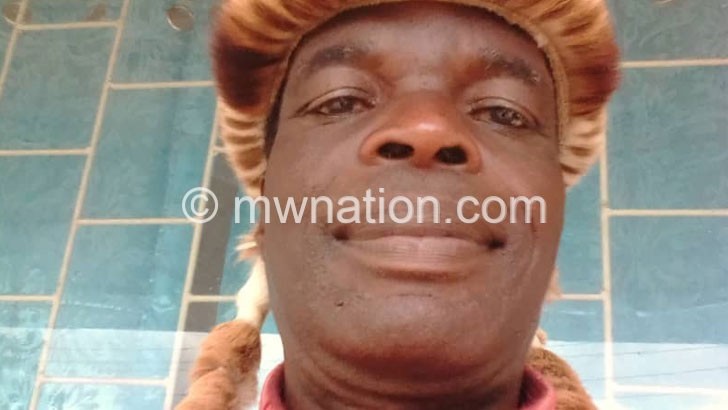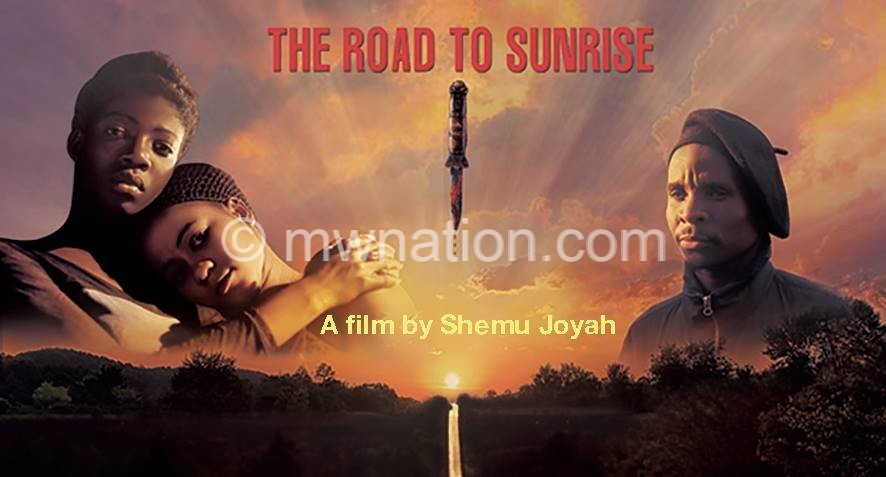Understanding Maseko, Jere Ngoni
The Ngoni in Malawi are one of the most prominent tribes. From their distinct war regalia to their unique traditional dances, the Ngoni are special. However, there are two groups of Ngonis in Malawi; the Maseko and the Jere. Our Arts and Entertainment editor EDITH GONDWE tried to find out more about Ngonis. She caught up with a cultural enthusiast Ndabazake Thole, who is also a Jere Ngoni himself and a member of Mzimba Heritage Association..

Q
: Brief tell us the background of the Ngoni in Malawi.
A
: The Ngoni both Maseko and Jere originally came from South Africa. But they came from different parts. Ngoni Masekos came from Eswatini while Ngoni Jeres came from Zululand, presently South Africa. But during those days there were no political demarcations, only kingdoms. So as people under the rule of Tchaka Zulu, they both run away from his strong rule. Those who run away from the Zululand had some war generals with them. They were led by Zwangendaba while Ngoni Maseko were led by Nara. When they met in Malawi on the eastern part of Lake Malawi they had conflict which led them to go separate ways. Ngoni Masekos, led by Zulu Gama went to the eastern part of the lake which is Ntcheu and Dedza and settled there. Ngoni Jeres settled in Mzimba. But before settling in Mzimba they had gone up to Lake Victoria area. When many of the original generals passed on they came back and settled in Mzimba where they created their kingdom.
When Ngoni Jeres arrived in Mzimba, they raided the tribes they found there including the Nkhamangas and established the Mombera Kingdom.
Q: So, how were these two groups being governed?
A
: The Ngoni Jeres were governed by M’mbelwa. He actually created a government. Even when missionaries came, they found him well organised, complete with a government and a council of chiefs, hence, their decision to leave out his kingdom when they claimed Nyasaland as their protectorate. But Ngoni Masekos had just settled in Ntcheu and parts of Dedza where they did not form a government but continued to practice their cultural rites despite some inter-marriages here and there with the people they found.
Q
: Now we have two paramount Ngoni chiefs, Gomani and M’mbelwa. What happened for them to be at par?
A
: In 1891, Britain added Mzimba as part of it and recognised Mbelwa as a king with his land a kingdom. But they could not let him be the sole ruler hence they were afraid that he would be as powerful as their king back home, so they made Mzimba part of Malawi. They, however, recognised him as Paramount chief while for Ngoni Maseko (Gomani), the British government only recognised him as a native authority (NA). However, in 1958 when Dr Hastings Kamuzu Banda took over the reigns he promoted the Ngoni Maseko chief as a paramount chief. This was Inkosi Phillip Willard Gomani. Kamuzu had apparently decided to give Gomani this honour after noting that he was a powerful traditional leader that he needed on his side.
Q
: What happened for the two groups to eventually lose their language, powerful as they sound?
A
: The Ngoni both Maseko and Jere lost their language little by little through simple but powerful way of intermarriages. They had mingled with the tribes they found and married their women. And you know women are more influential to their children hence in this way the Ngoni language died little by little in Malawi. Secondly, the Ngonis lost their language because in 1933 the Zulu language was removed from the Malawi syllabus because there was a feeling that Ngonis were not interested in school. Though Mphangela Jere, one of the members of the royal family tried to oppose this decision, she was overruled and Zulu language was removed from the syllabus.
Q
: Fast forward present day Malawi, can we say Ngonis both Maseko and Jeres have a chance to reclaim what they have lost over the years in terms of their cultural heritage?
A
: Ngonis are one of the most active cultural groups in Malawi and are doing everything in their power to reclaim all aspects of their culture that they have lost. Both of them have reconnected again with their lost cousins in Tanzania, Songea and Mpezeni in Zambia as well as their original home in Kwa Zulu Natal. They have also established several cultural festivals aimed at strengthening their roots. Language schools teaching people how to speak Zulu are also being initiated and I am sure soon we will have Ngonis speaking their language. Of course Ngoni Masekos have lost their marriage rites as they no longer enforce lobola and have embraced chikamwini and chitengwa instead.n





